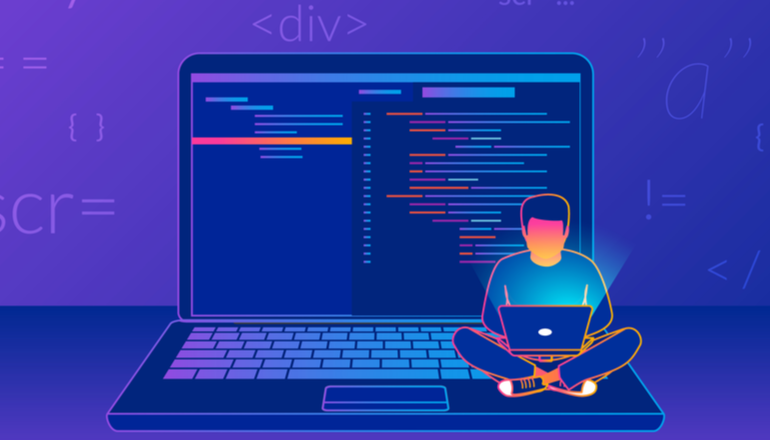Python Interview Preparation: Your Ultimate Guide
Are you gearing up for a Python interview? Look no further! Here’s your comprehensive guide to ace that Python interview and land your dream job in the tech industry.
1. Understand the Basics: Start by brushing up on the fundamentals of Python programming language, including data types, control structures, functions, and object-oriented programming concepts.
2. Practice Coding: Practice coding regularly on platforms like LeetCode, HackerRank, or CodeSignal. Solve algorithmic problems, implement data structures, and work on real-world projects to strengthen your coding skills.
3. Master Python Libraries: Familiarize yourself with popular Python libraries such as NumPy, Pandas, Matplotlib, and TensorFlow, depending on the role you’re applying for. Understand their functionalities and how to use them effectively.
4. Be Proficient in Data Handling: Data manipulation and analysis are crucial in many Python roles. Make sure you’re comfortable with tasks like data cleaning, transformation, and visualization using libraries like Pandas and Matplotlib.
5. Know Your Algorithms: Review common algorithms and data structures such as sorting algorithms, searching techniques, and graph algorithms. Understand their time and space complexities and when to use them.
6. Prepare for Technical Questions: Be ready to answer technical questions related to Python syntax, programming concepts, and problem-solving approaches. Practice explaining your thought process clearly and concisely.
7. Stay Updated: Keep yourself updated with the latest trends and advancements in the Python ecosystem. Follow industry blogs, attend webinars, and participate in online communities to stay abreast of new developments.
8. Mock Interviews: Conduct mock interviews with friends, colleagues, or through online platforms to simulate the interview experience. Receive feedback on your performance and areas for improvement.
9. Showcase Your Projects: Highlight any relevant projects you’ve worked on, especially those demonstrating your Python skills. Discuss challenges faced, solutions implemented, and lessons learned during the project.
10. Stay Confident: Finally, stay confident and composed during the interview. Demonstrate your passion for Python programming and your eagerness to contribute to the team.
With these tips in mind, you’re well-equipped to tackle any Python interview with confidence and competence. Good luck!
Python interview questions
- What is Python?
- Python is a high-level, interpreted programming language known for its simplicity and readability. It supports multiple programming paradigms, including procedural, object-oriented, and functional programming.
- What are the key features of Python?
- Key features of Python include dynamic typing, automatic memory management, extensive standard library, and support for third-party modules.
- Explain the difference between Python 2 and Python 3.
- Python 2 and Python 3 are two major versions of the Python programming language. Python 3 introduced several backwards-incompatible changes and new features, such as improved Unicode support and syntax enhancements.
- What are the different data types in Python?
- Python supports various data types, including integers, floating-point numbers, strings, lists, tuples, dictionaries, and sets.
- How do you comment in Python?
- In Python, you can use the hash symbol (
#) to add single-line comments. For multi-line comments, you can use triple quotes ('''or""").
- In Python, you can use the hash symbol (
- What is PEP 8?
- PEP 8 is the Python Enhancement Proposal that provides guidelines for writing Python code to improve its readability and consistency. It covers topics such as naming conventions, code layout, and documentation.
- Explain list comprehension in Python.
- List comprehension is a concise way to create lists in Python using a single line of code. It allows you to generate a new list by applying an expression to each item in an existing iterable.
- What is a generator in Python?
- A generator in Python is a special type of iterator that generates values on-the-fly using the
yieldkeyword. Generators are memory-efficient and can be used to iterate over large datasets without loading them into memory entirely.
- A generator in Python is a special type of iterator that generates values on-the-fly using the
- How do you handle exceptions in Python?
- In Python, you can use the
try,except,finally, andelsekeywords to handle exceptions. You can catch specific exceptions or handle them generically using a catch-allexceptblock.
- In Python, you can use the
- What is the difference between
__init__and__new__methods in Python?- The
__init__method is called after the object has been created to initialize its state, while the__new__method is called before the object is created to create and return the object instance.
- The



